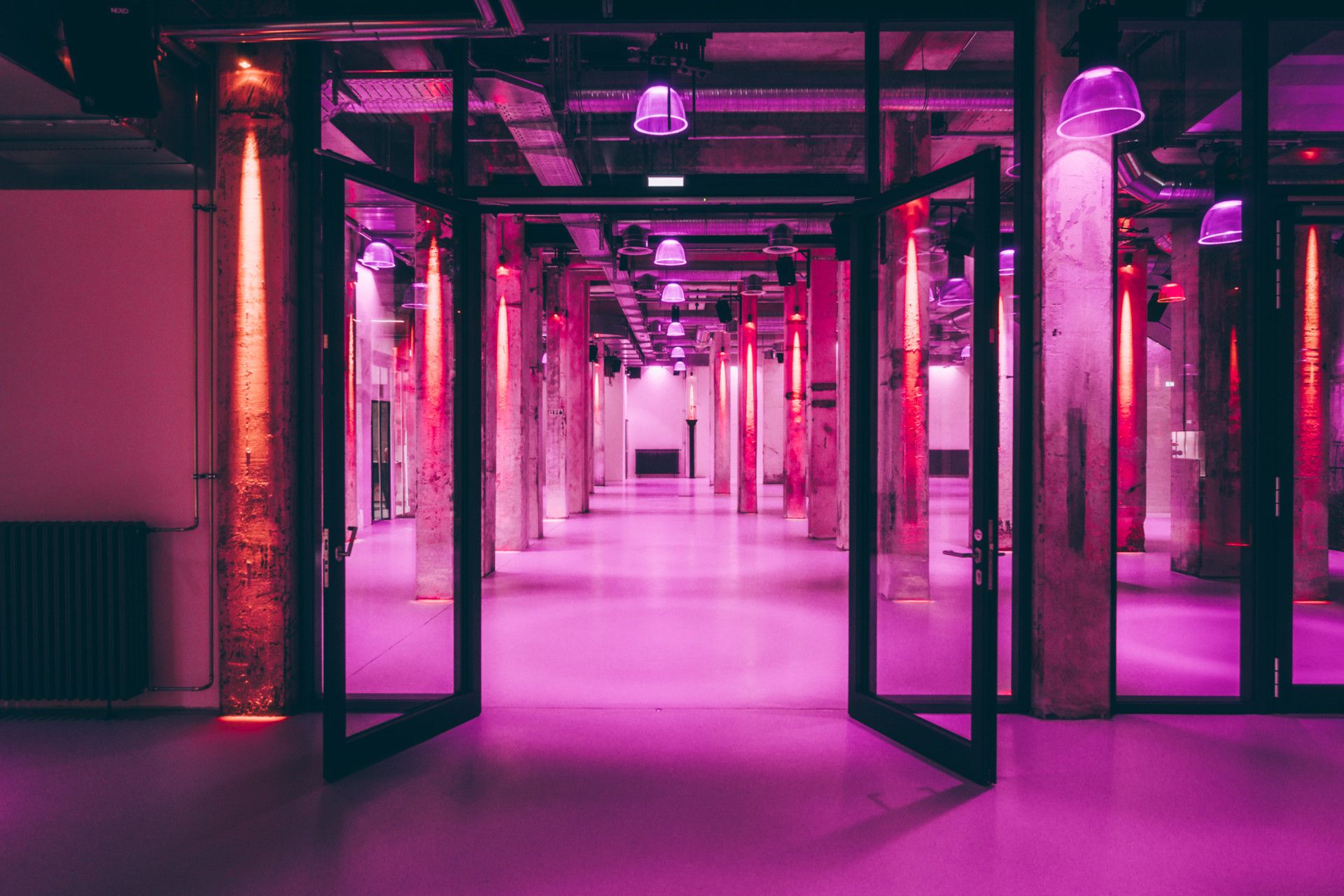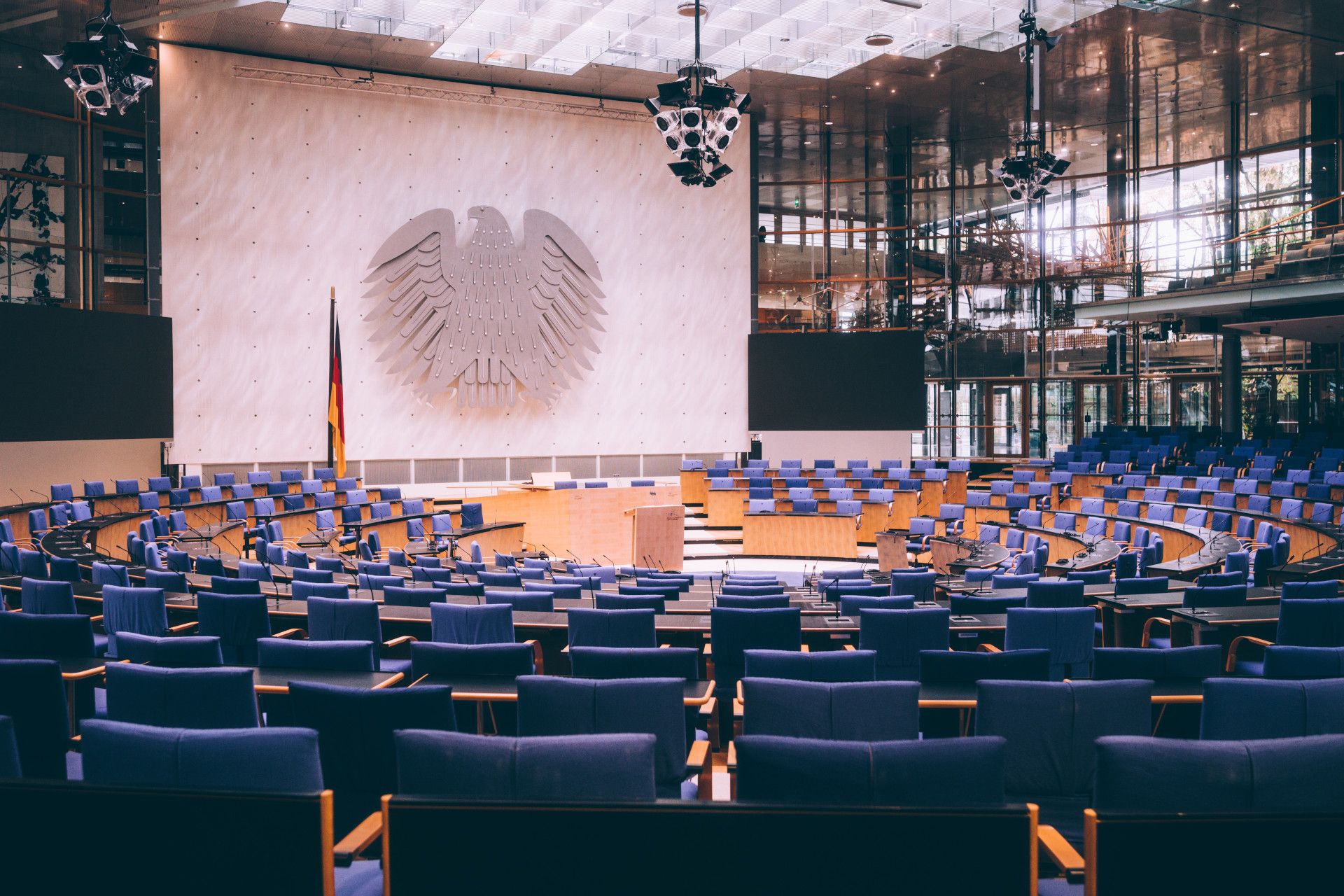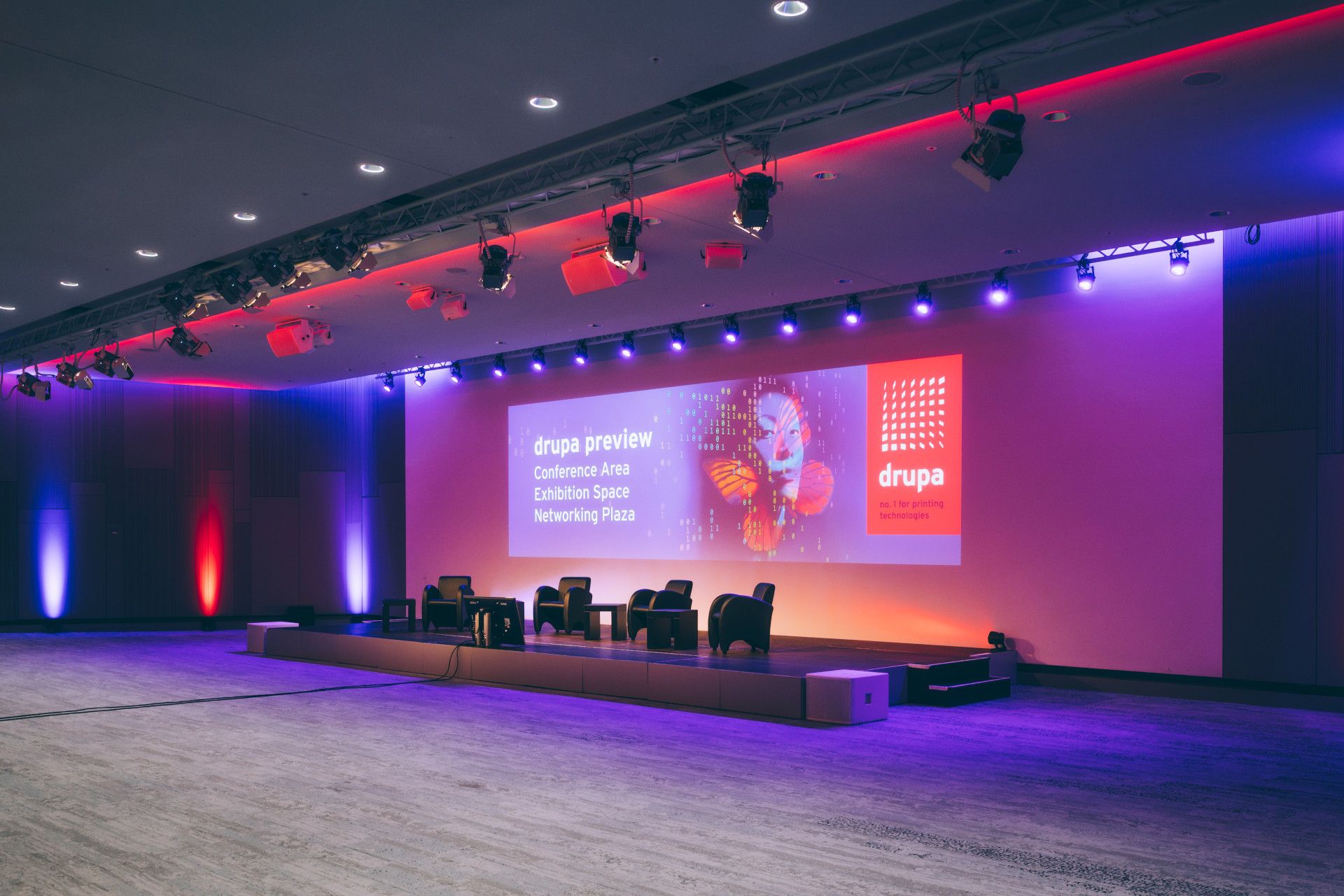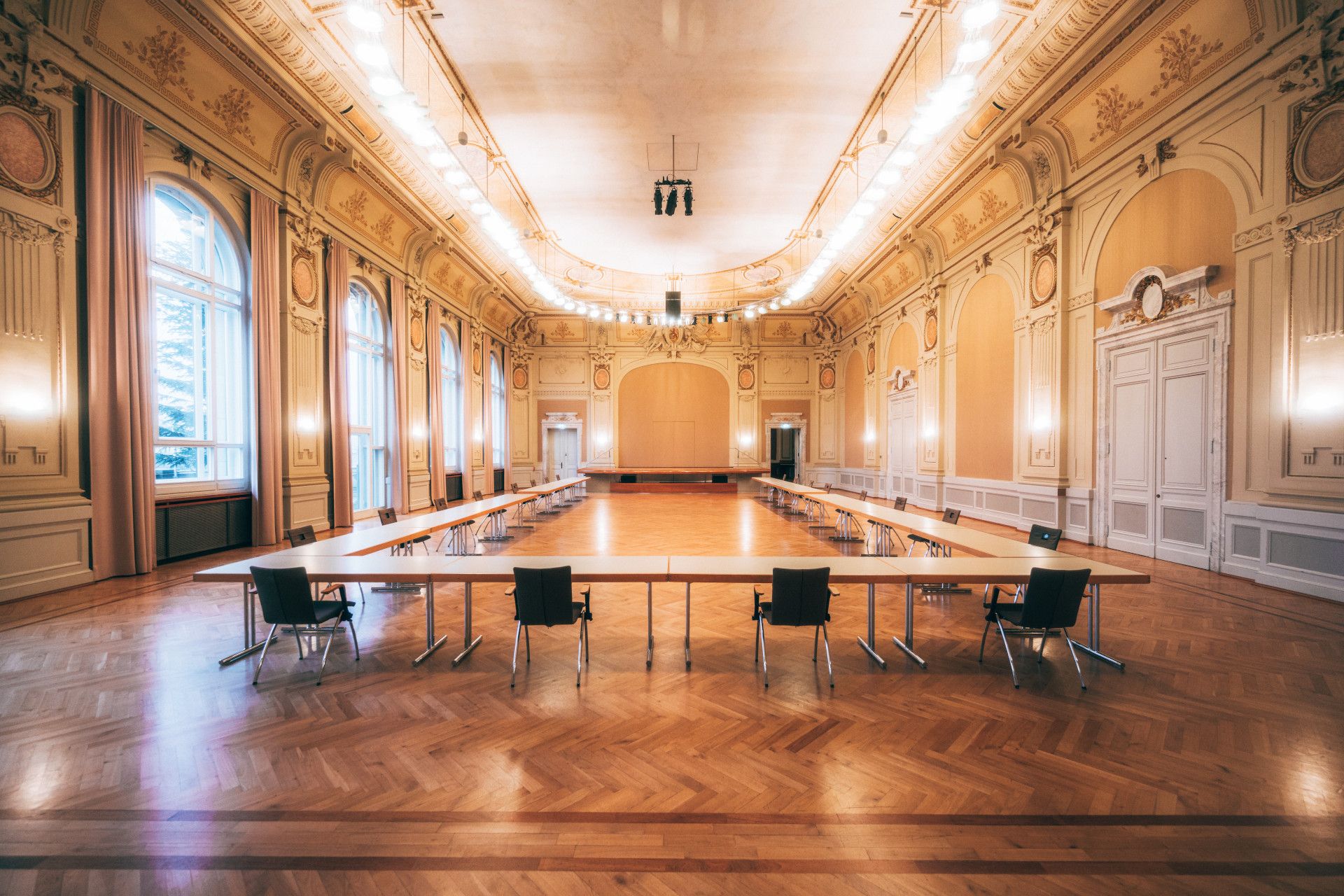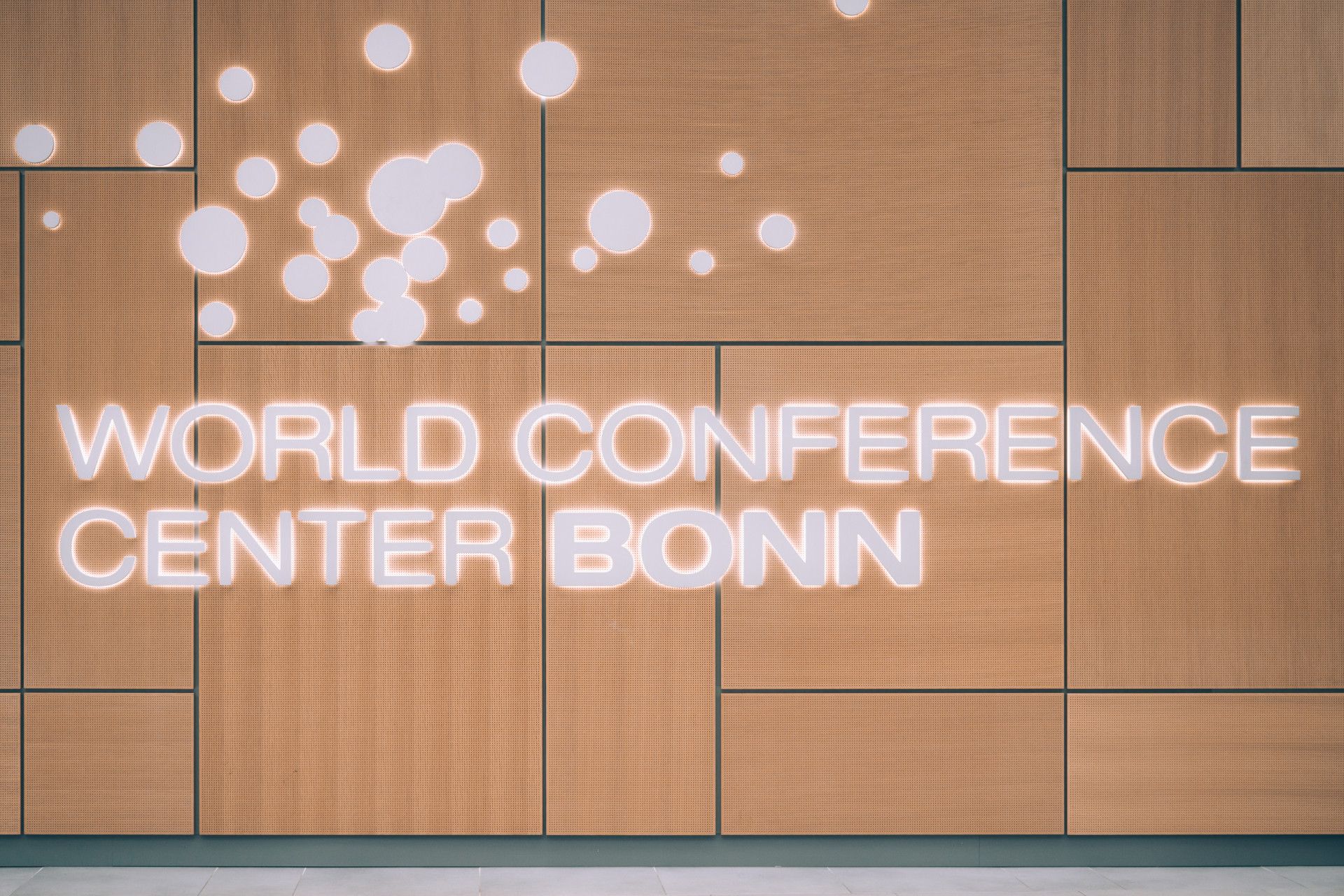Piles of paper, huge amounts of plastic waste and traffic jams in front of the exhibition centre. The conference is over, and after me the deluge. Those days are long gone in North Rhine-Westphalia. For years now, the MICE industry has also recognised its social responsibility and is increasingly focusing on sustainability when organising trade fairs, congresses and conferences, cultural and sporting events. Most of the small and large venues in the country, such as the Eurogress Aachen, have signed up to the sustainability code of the German-speaking event industry and feel they have a "fair duty" to the environment and society. In their management as well as in their economic, ecological and social behaviour.
Eurogress Aachen was one of the very first congress centres in Germany to be awarded the Green Globe certificate by the European Association of Event Centres (EVVC) for its extensive environmental protection measures. The conference centre, which is located directly next to Aachen's city park, is representative of the many large event venues and small event locations in NRW that have invested in energy-saving air conditioning and lighting systems and developed innovative concepts for waste avoidance in recent years. They work with local and regional service providers for catering and rely on environmentally friendly mobility concepts. Thanks to their central location and a close-knit rail network throughout the country, conference participants and event visitors travel conveniently by public transport, thereby reducing overall CO2 emissions many times over.
In order to motivate even more businesses to act more sustainably and in the interests of future generations, Tourismus NRW has produced short e-learning videos on the topics of management, economy, resource consumption, procurement & waste management, mobility & accommodation and social issues. They explain simply and clearly how every company can get involved in environmental and climate protection and take responsibility.
www.tourismusverband.nrw/themen/business
